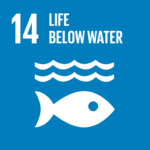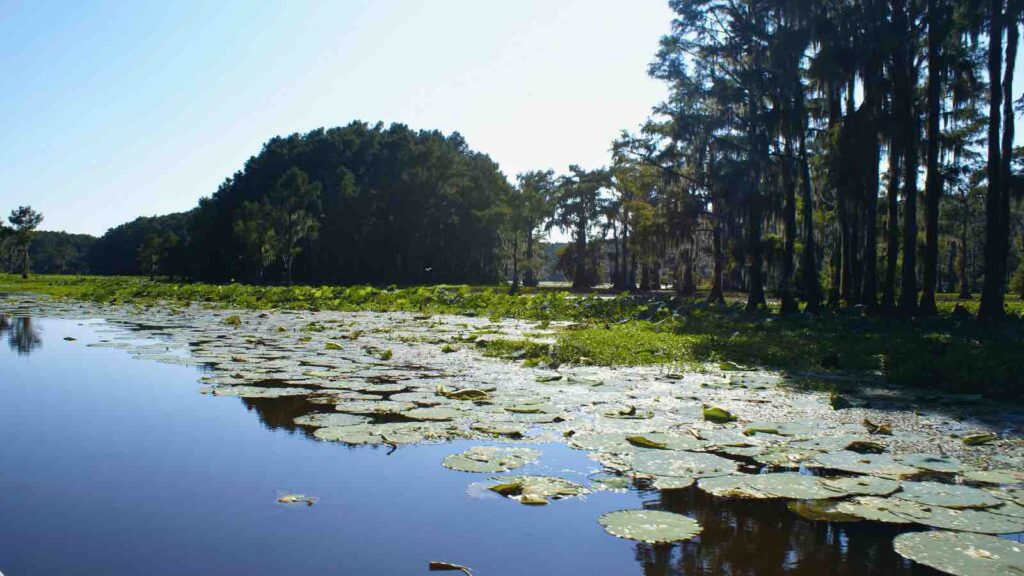Freshwater The WWF report is a clarion call for urgent action to protect freshwater conservation.
In a world grappling with climate change and its far-reaching impacts, the conservation of freshwater ecosystems has emerged as a critical yet often overlooked aspect of environmental protection. A recent report by the international conservation NGO, World Wildlife Fund (WWF), underscores the immense value of these ecosystems and calls for immediate and concerted action to safeguard them.
RELEVANT SUSTAINABLE GOALS


The Significance of Freshwater Ecosystems
Freshwater ecosystems, encompassing rivers, lakes, wetlands, and aquifers, are integral to the planet’s biodiversity, climate stability, and human wellbeing. They underpin global food security, drive economies, and are essential for public health. In 2021, the value of water was estimated to be approximately $58 trillion, representing 60% of the global GDP. This valuation reflects the multifaceted benefits of freshwater, ranging from direct consumption and agricultural use to its role in soil fertility and carbon sequestration in wetlands.
Despite their value, freshwater ecosystems are under severe threat, primarily due to human intervention and climate change. Over the past four decades, the world has lost a third of its wetlands. Rivers, lakes, and wetlands are also increasingly burdened with wastewater, with approximately 80% of global wastewater discharged into these ecosystems. The report highlights specific cases, such as the Rio Grande in the southern U.S. and Mexico and Spain’s Doñana wetlands, where human activities and climate change have led to significant degradation and loss of freshwater resources.
The Need for Action
The WWF report is a clarion call for urgent action to protect and conserve freshwater ecosystems. It emphasizes the need for governments to reinvigorate their conservation efforts, aiming to safeguard 30% of the world’s rivers, lakes, and wetlands by 2030. This aligns with the global 30×30 initiative, which seeks to conserve 30% of the planet’s land and marine habitats within the same timeframe. The private sector is also called upon to enhance water risk assessments, eliminate pollution from supply chains, and contribute to alleviating water scarcity through more efficient water use.
As the U.N. Climate Summit COP28 approaches, with a promise of giving “unprecedented attention” to water conservation, the WWF report serves as a timely reminder of the critical importance of freshwater ecosystems. It highlights the urgent need for collaborative and decisive action from both the public and private sectors to ensure the protection and sustainable management of these invaluable resources. Only through concerted efforts can we hope to avert the looming water crisis and secure a healthier planet for future generations.
Lead image courtesy of Karl Spencer from Getty Images
You may also be interested in :
Green Guardians : Unraveling The Power of Mangroves in Fight Against Climate Change



